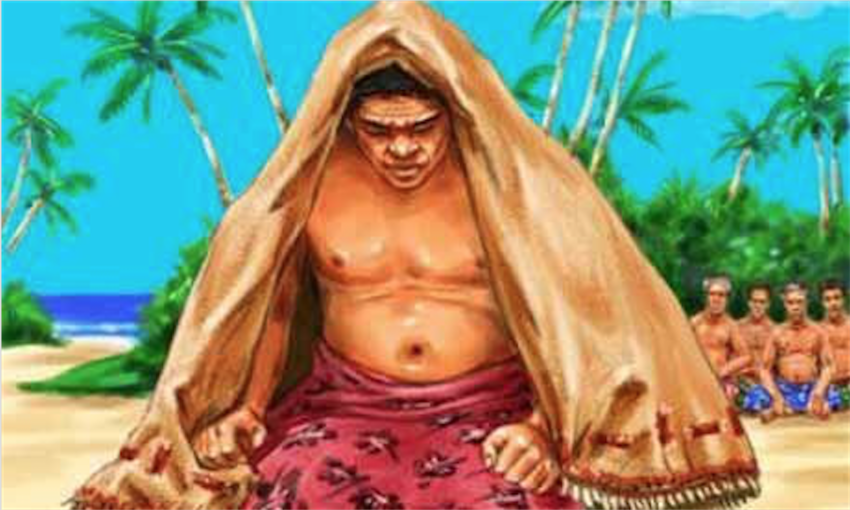Ifoga helps bridge murder: the power of Samoan culture

By Lefaoali’i Dion Enari
The tragic murder of Geo Sione, allegedly by his girlfriend Naea Moli has sparked much conversation. Many are left asking
How could such a tragedy occur?
How could we not see the signs?
Why?
As someone who wasn’t there, it is not my intention to answer these questions. Instead, I wish to draw attention to how Samoan culture, through ifoga (Samoan practice of seeking forgiveness) was used as a way of healing among the families involved.
Although the origin of ifoga lies within the islands of Samoa, it has moved beyond her shores to countries such as New Zealand, Australia and America. In this instance, ifoga was performed in New Zealand for a murder that occurred in Sydney, Australia.


As Samoans, many of us have either seen ifoga through the eyes of the perpetrators aiga (family), victim’s aiga or externally as an onlooker. Following this story, many are shocked at how a crime as serious as murder could be healed between the victim and perpetrators aiga. The idea of the perpetrators aiga seeking forgiveness through the exchange of ie toga (fine mats), corned beef, monetary gifts, lauga (speeches) and prayer is foreign to western society.
Looking at this situation and other ifoga practices I had seen growing up, many would ask
Why does ifoga work?

It works for many reasons, but for me, it is because of its mamalu (honour) nature. The practice of ifoga is one of the highest displays of Samoan respect, as it involves ie toga, matai (chiefs), ministers and our elderly. The involvement of these highly treasured people and possessions shows how dignified this practice is.
The sincerity of ifoga is also felt by the victim’s aiga, as the perpetrators aiga arrive lowering themselves, sitting on the ground outside, with their heads bowed down. The placement of the ie toga on top of family members of the perpetrator is a humble and sincere request for forgiveness. For the victim’s family, although still grieving, most would receive ifoga with a heart of forgiveness, as they are humbled at the mamalu and dignity shown to them. There have also been many instances where friendships are formed between families afterwards.




Looking at the effectiveness of ifoga, I believe it is a beautiful cultural practice that should be kept alive. Although it is used in painful times, it is a beautiful manifestation of ‘Samoaness’ that helps bridge relations through weaving bonds of love, respect and forgiveness.
Ia manuia.
.
Lefaoali’i Dion Enari is a PhD Candidate at the Faculty of Society and Design, Bond University, Gold Coast. He holds a Master of International Relations and Ali’i Tulafale Matai (high talking Chief) title from Lepa, Samoa. His research interests include ethnography, Pacific language, cultural sustainability, indigenous studies, and trans-nationalism.
He is from the villages of Lepa, Malaela, Vaiala, Nofoali’i and Safune.
